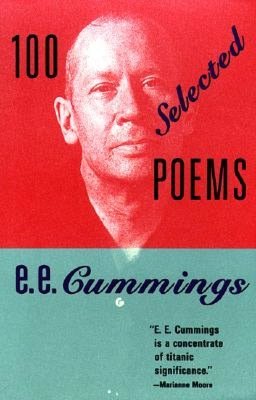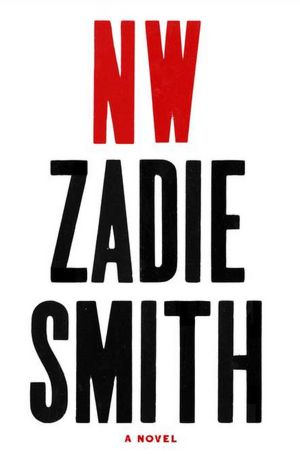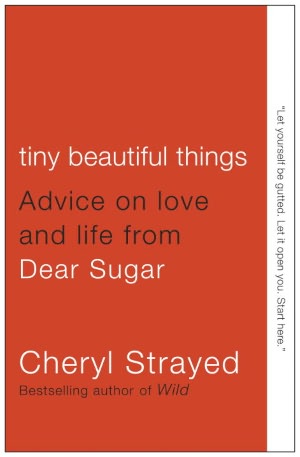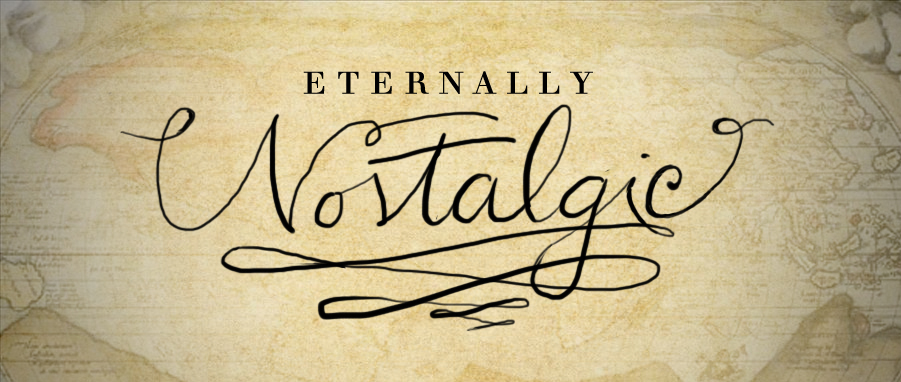Roxanne Krystalli’s passion for gender advocacy, conflict management, and international development has brought her to communities affected by conflict worldwide, where she has designed programs that benefit women in affiliation with international and community-based organizations. This journey has stretched from Egypt to Colombia, from Uganda to Guatemala, from the Balkans to Jerusalem. Roxanne is intrigued by questions of memory and forgetting, attachment and loss, home and away. She is a Joan Didion fanatic and, perhaps relatedly, a perpetual nostalgic. A fervent believer in the power of storytelling, Roxanne documents her journey on Stories of Conflict and Love. "Oh my God, we are going to die."
After three years of living and working in conflict and post-conflict zones around the world, I did not expect to hear the above sentence uttered outside a library in Boston, Massachusetts.
"We are going to die, I'm telling you."
This time it is neither of cholera nor of rocket fire, neither of a mine nor of malaria. You see, we will allegedly die of . . . reading.
"Four hundred pages. A thousand. Eighteen thousand six hundred and fifty eight." People try to calculate the number of pages we will have to read per week to complete our graduate coursework in law and diplomacy. We signed up for this, just as we did for that stint of work in Sudan or Colombia, in Uganda or on the Iraq border, and our freedom to parachute in and---most importantly---out will always make every page turn feel like a privilege to me. Imminent death does not feel like autumnal breeze, the laws of humanitarian intervention, or blank pages waiting for ideas to populate them.
***
If there came a moment of grief for me in this process, it had to do with having Susan Sontag stare at me every morning. It is the first time I can call a bookcase my own since I lived in my childhood home in Greece. It is firmly planted here, as am I---ready for roots to grow past suitcases and for books to gather dust on a shelf in a way that anchors me in place and time. When I celebrated the symbols of permanence, I had underestimated the power of book spines to stare you down on your way to yet another class with "Conflict" in the title.
They stare because they remember the era when you made time in your life for conflict and dreaming, for imaginary journeys and real footsteps in daring directions. It was the era of reading a book a day or a week, of carving out room for writing your own. Susan Sontag has a way of reminding me of previous selves and the reasons I loved them. "Man, you look . . . dead. Dead tired," someone will inevitably remark as I leave the library. Eyes may look weary behind glasses, but they now know to make time for Susan Sontag. She nags quietly from the shelf, making sure I carry the past into the present, forcing me to weave dreams together that previously seemed disparate.
Here is what is squeezed between Fighting for Darfur and Understanding Peacekeeping on those shelves that anchor me:
NW by Zadie Smith. It was neither White Teeth nor On Beauty that cast a spell over me, though I savored both of these books. It was Zadie Smith's Changing My Mind: Occasional Essays that shaped my understanding of reading and writing as acts of love. In Smith's own words:
"It seems like the big distinction between good art and so-so art lies somewhere in the art's heart's purpose, the agenda of the consciousness behind the text. It's got something to do with love. With having the discipline to talk out of the part of yourself that can love instead of the part that just wants to be loved."
While Zadie Smith's latest novel is not devoted to advice on words and love, it deftly places one in the service of the other, as she traces the webbed lives of four characters in contemporary London.
Tiny Beautiful Things by Cheryl Strayed. The problem with reading in tiny spurts, with eyes half-shut from fatigue and thoughts of humanitarian law swimming in your head, is that such mental states are not conducive to enveloping yourself in an imaginary universe and allowing it to sweep you away. They do not create the necessary conditions for magic; magic requires time and a desire to give in to a plot, regardless of bedtimes, alarm clocks, or beckoning libraries. Perhaps this is why I so appreciated Cheryl Strayed's ability to create magic out of directness, to bear beauty out of her honesty. This book was the product of an advice column Strayed wrote (anonymously, at the time) for The Rumpus under the moniker "Dear Sugar." One of my favorite Dear Sugar columns gave this collection of essays its name. Read that column here, and dive into the book with---as Strayed puts it---"the courage to break your own heart."

1oo selected poems
by e.e. cummings.
It was our umpteenth stint of long-distance love. He dropped me off at the airport two hours before writing that email; I landed in Dublin to a message whose subject line declared "e.e. cummings never legally changed the spelling of his name." So it was E.E. Cummings who, in fact, penned "nobody, not even the rain, has such small hands" and "i like my body when it is with your body." e.e. cummings (no, really, lower case, I insist) feels like autumn, reunions, airports, emails, new beginnings, young poetry, younger selves, hands that are still small, hands that still love another.

Reborn Consciousness is Harnessed to Flesh by Susan Sontag And, of course, there is Susan Sontag, with her published journals and notebooks, edited by David Rieff. Reborn is the one that comes back to haunt me, though I cannot resist As Consciousness is Harnessed to Flesh. Illustrated diary excerpts from the latter are available on Brain Pickings, in case you, too, like to start your day with "Can I love someone . . .. AND . . . still think/fly?" On 11/01/1956, Susan Sontag's diary entry read "We've been discussing the soul." A peak into that soul at the age of 17 and 23 and 39 is a mind-spinning journey. In January 1960, Sontag wrote "Inspiration presents itself to me in the form of anxiety." Her anxiety speaks soothingly to mine, her inspiration kindles my own. If there were a book spine to stare you down from the shelf until you remember your own humanity, this would be my chosen one.
***
Nobody has uttered "oh my God, we are going to DIEEEEE!" when faced with the prospect of reading a thousand pages of Zadie Smith. Eighteen thousand and fifty eight pages of Susan Sontag. Exactly two hundred and forty nine poems of e.e. cummings'. These are not the books for highlighters, fluorescent lights, squinty eyes behind glasses, or bad coffee. They are not the books for bright orange or bright yellow. They are for scribbling in the margins, for crawling under the blanket, for remembering and forgetting. For soft, warm light, open eyes, open hearts.












